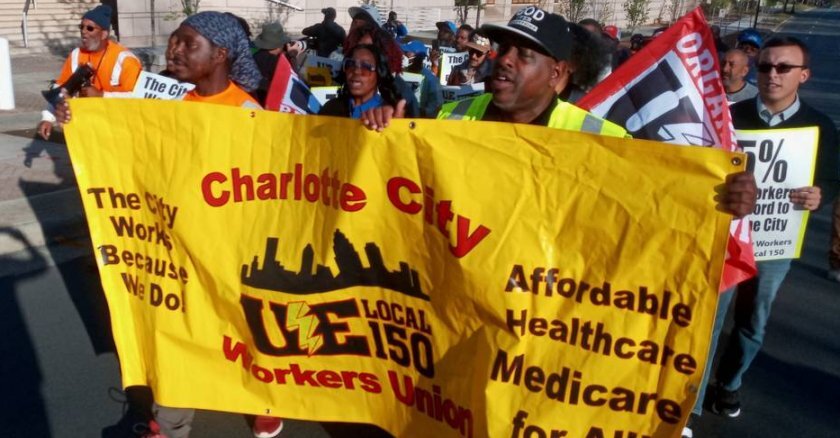A group of bipartisan lawmakers who participated in a virtual news conference about the study released Wednesdayby the Beacon Hill Institute, funded by the Fiscal Alliance Foundation, said State House leaders should move quickly to cut the state gas tax and send tax relief measures to Gov. Charlie Baker’s desk in the waning days of the legislative session the ends on July 31.
“The Legislature has done so very little,” said state Rep. David DeCoste, a Norwell Republican. A tax relief proposal stuck in conference committee with just four days left in the legislative session would provide $250 one-time rebates to families, seniors and low-income households in an effort to help residents offset rising inflation costs.
But lawmakers suggested the relief doesn’t go anywhere near far enough.
In the Boston metropolitan area, the study found the top five goods impacted by inflation are gasoline prices — up 54 percent, used car and truck prices — up 37 percent, natural gas costs — up 27 percent; transportation service costs — up 21 percent, and electricity prices — up 14.5 percent.
“It’s safe to assume top five goods outlined make up a majority of what people spend their money on,” said Paul Craney, spokesperson for the Fiscal Alliance Foundation.
Nationally during that same period from March 2021 to March 2022, gasoline prices have increased by 48 percent, used cars and trucks grew by 35.3 percent, natural gas climbed by 21.6 percent, and transportation services went up 7.7 percent.
“Inflation is crippling the working class family and people of Massachusetts,” said state Rep. Nicholas Boldyga, R- Southwick.
The rising cost of natural gas means Massachusetts consumers will likely be paying double to heat their homes this winter. Boldyga said at current prices, his oil tank will cost $1,300 to fill this winter — more than twice the $500 his family typically pays.
“I think we’re going to see a generation of people that are saddled with debt because of the inflation that we’re facing right now,” Boldyga said.
Inflation in the state has hit a 40-year high, the study said. The Beacon Hill Institute predicts the current tide of inflation will continue to rise throughout the remainder of this year, with prices expected to moderate by the end of 2023.
Agawam City Councilor CeCe Calabrese, pointed out that the Legislature’s idea of relief — a one-time $250 check — barely covers a week’s worth of groceries and wouldn’t even cover the cost of two gas tank fill-ups in her family’s Ford F150, which costs over $150 to fill at current prices.
“We need to do a little something to beef up the current proposals and give those folks — whether it be the middle class, the retirees — a little bit of a better reason to stay in business, to stay in the commonwealth and to make the commonwealth the type of place where you can affordably raise a family,” DeCoste said.
The study warned the state must avoid further unnecessarily burdening its constituents who are struggling to keep up with record inflation, warning voters against supporting a so-called millionaire tax, which would tack an extra 4 percent surcharge on all income over $1 million. The money would be earmarked for state education and transportation needs.
Craney said the policy would “bring unintended harm to the state economy that is likely facing an inflation-induced recession” at a time when “the state coffers are swelling.”
Lawmakers are sitting on a ballooning savings account as state tax revenue collections consistently come in over benchmark. The state is awash in cash with more than $2 billion in unspent federal coronavirus relief dollars and an estimated $3.6 billion in leftover surplus tax dollars.
Craney and others at Wednesday’s press conference agreed it’s time for the state to start “giving back money” to the taxpayers.
©2022 Advance Local Media LLC. Distributed by Tribune Content Agency, LLC.
Related Articles











